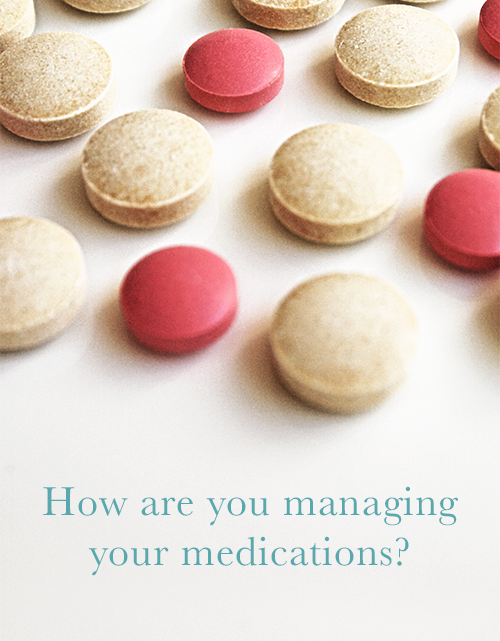It is estimated that the number of scientific literature publications doubles approximately every 9 years. Access to health information via web has increased from 47% of internet users in 2000 to 78% in 2011. Over a quarter of the world’s population use the internet regularly; with this comes a massive excess of information.With medical information in particular, it is important that consumers know not only how to discern reliable sources from unreliable ones, but also when they should look beyond the internet for help.
To put the difficulty of getting the right health information in perspective, let’s examine the decision-making process that social and medical scientists call the DIKW pyramid. When clinical research is conducted, the first step is to collect data. Data is essentially the raw numbers—for example, 30 out of 100 patients taking medication X showed a reduction in cholesterol levels. On the surface, this is promising data, but we have no way of knowing if the reduction is beneficial compared to other treatments. Additionally, we don’t know if the side effects outweigh the benefits, or if there would be a substantial increase in life quality. It is at this point that we take the data and process it to provide useful information. Information puts the data into perspective and gives it meaning. Was this reduction in cholesterol clinically significant? How much did it lower cholesterol? Was it superior to alternative treatments, and at what cost? To truly understand the meaning of this information, we need to take it a step further and look at knowledge. Knowledge is essentially information in context, the application of information to give us more concrete answers. How exactly does the information that medication X lowers cholesterol improve a patient’s health? For many years, we assumed that lowering cholesterol levels was beneficial, but it wasn’t until recently that we learned that this reduction lowered the incidence of heart disease.
Now that we have garnered all this knowledge from the internet, why would we need a doctor or pharmacist? If we can just take medication X, the problem will be resolved, right? Not necessarily. This is where wisdom comes in. With knowledge, we have an understanding, but there is often more to the equation that only health professionals can bring to the table. Wisdom is evaluated knowledge or understanding that largely comes with practice; it’s what allows physicians to take patients and apply the knowledge they have learned through training and experience to better optimize their care. Wisdom allows for informed decision-making—taking the known fact that medication X can effectively treat high cholesterol and applying it in a way that is best for the patient.
Self-diagnosing and self-treating are not necessarily bad things—common colds typically don’t require doctor’s visits. However, achieving optimal wellness is much easier when you work with your trusted medical professionals. A study published in 2010 used five common pediatric questions to show that only 39% of Google search engine results contained both accurate and correct answers. When caring for your child or any loved one, you want to make sure you’re using the most reliable resources available. If you are uncertain, it is best to err on the side of caution and contact a medical professional.





